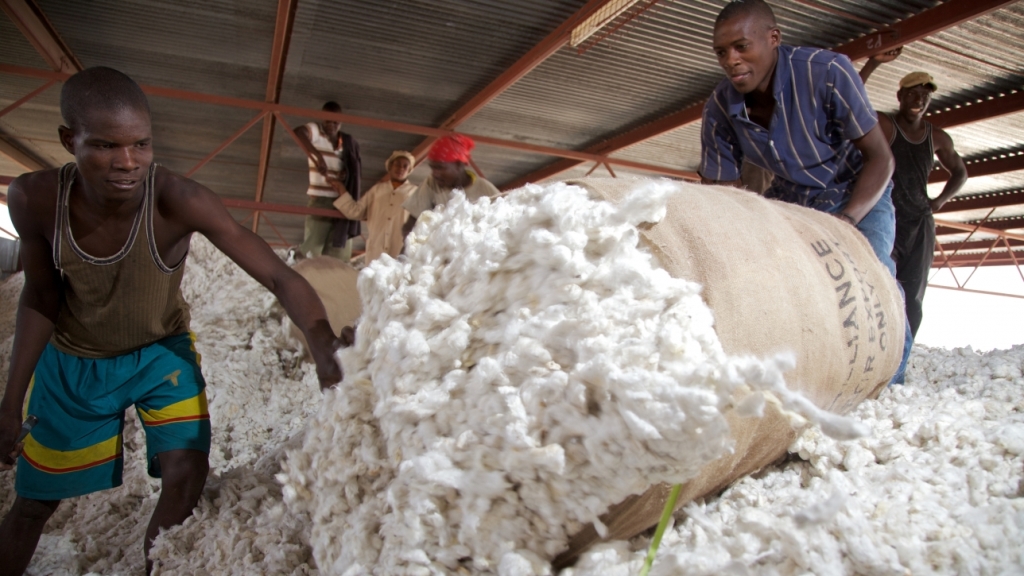Author: ELKANA KUHENGA
AfricaPress-Tanzania: THE industrial sector is the most valuable sector in the country’s economic growth, under the Ministry of Industry and Trade.
It has contributed 35 per cent of the national income and has employed more than nine million Tanzanians.
The success in this Ministry was President John Magufuli’s vow in 2015 during the inauguration of the National Assembly, where he put emphasis on industrial growth in the country, as doing so would benefit the economy and the lives of our people.
“We have no other option if we really want to build the foundation of a sustainable economy in our country that will benefit the economy and the lives of our people. The Vision for Development 2025 wants us to be a country of middle-income people.”
Emphasis was placed on the construction of new industries and strengthening the existing ones.
A total of 8,477 new industries have been established from 2015 to 2019. Such new industries include 201 large factories, 460 medium, 3,406 small, and 4,410 very small industries.
According to the ministry budget report, they have witnessed the development and establishment of marble, concrete, steel, beverage industries, and fruits, meat, milk, clothing, plastic and leather products.
For instance, eight dairy processing factories containing milk processing have increased its capacity from 167,620 litres per day to 194,335 litres.
Seventeen meat-processing factories were built, enabling Tanzania to have a total of 145 livestock processing industries.
The government has helped in construction of three fruits and vegetables processing factories, which include Elven Agri, Sayona Fruits Limited and Dabaga.
With these new industries, it has increased employment in the sector of production from 254,786 jobs in 2015 to 306,180 jobs a year in 2018, which is an increase of 20.2 per cent.
It is expected that for the same trend, these industries will produce approximately 370,478 jobs by the end of 2020.
Efforts of the government have encouraged investors to build new factories as well as the expansion of old industries.
For example, expansion of Tanga cement factories and Mbeya Cement Ltd and the start of production of new industries, including Kilimanjaro Cement Factory in Tanga which begun work in 2017 has enabled increased capacity of cement production up to 9.1 million tonnes in 2019 compared to 4.7 million tonnes in 2015.
The production has indeed produced more than the country’s demand of 4.8 million tonnes and the capacity stands at 7.4 million tonnes.
This makes the additional 2.6 million tonnes to be sold to neighbouring countries of Rwanda, Burundi, Malawi, Zambia, DRC Congo and Mozambique.
This achievement has only been possible due to the President’s effort to create a favourable environment for easy transportation of goods and services from places endowed with availability of raw materials to processing industries.
Better roads, railways, aircraft and marine services have boosted the industrial sector in the country, and today we have witnessed the move of Tanzania to a middle-income country, a dream that Tanzania thought it would achieve in 2025.
It is the goal of Tanzania to build a competitive and conducive industrial base environment for investment and business growth that will facilitate inclusive and sustainable economic growth.
This will enable global trade that focuses on the benefits of geographical location and resources available in the country through policies, strategies and plans for participatory industrial reform.







